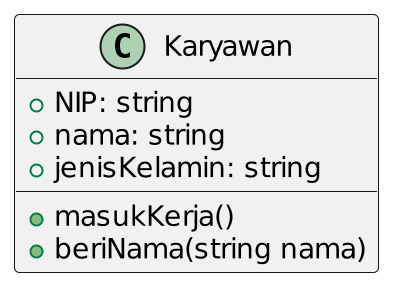Malaysia and Indonesia: A Contrast in Street Culture and Economic Realities
Malaysia is a neighboring country geographically close to Indonesia and shares a number of similarities. However, there are also many differences between the two, including certain phenomena that are common and widespread in Indonesia but are virtually nonexistent in Malaysia. One such example is the presence of street performers, or pengamen.
In Indonesia, eating at a street food stall or roadside eatery often comes with the likelihood of encountering street performers. If you're unlucky, within just ten minutes of one performer leaving, another might show up. On a long meal, the first performer may even return after completing a round of his performance route, and the cycle continues.
 |
| Illustration of a street performer at a food stall, https://perantausasak.wordpress.com/2014/02/28/sisi-negatif-pengamen-warung-di-bandung/ |
Similarly, when riding buses in Indonesia—especially non-executive intercity buses or local city buses that are not part of the modern "Trans-" bus systems—it's almost guaranteed that you'll encounter bus performers. These performers vary widely, with some offering pleasant music, while others sing in a rather offhand or careless manner.
 |
| Illustration of a bus performer, https://amimustafa.blogspot.com/2012/06/wanita-pengamen-itu.html |
The widespread presence of street performers in Indonesia is largely a result of unequal economic prosperity and limited access to formal employment opportunities. Jobs are especially hard to come by for individuals without adequate education. This is further exacerbated by a sluggish economy, marked by frequent layoffs and a bureaucratic system that deters investment. Investors often find the red tape overwhelming and are discouraged by interference from mass organizations.
This is in stark contrast to Malaysia, where dining at roadside food stalls is a peaceful experience, free from the interruption of roving street performers. Street food scenes in Malaysia are generally very conducive to a relaxed meal—you can enjoy your food without the pressure to give money to performers.
 |
| Street food on Jalan Alor, Malaysia, https://idnexplore.com/tempat-makan-murah-malaysia/ |
The same goes for buses in Malaysia. Intercity buses there resemble Indonesia’s Patas-class buses—passengers can only board and disembark at designated terminals, and street performers or hawkers are strictly prohibited from entering.
 |
| Illustration of intercity bus in Malaysia, https://12go.asia/en/travel/johor-bahru/pahang |
City buses in Malaysia, particularly in Kuala Lumpur, follow standards similar to Jakarta's TransJakarta or other Trans-branded bus systems in Indonesia. These buses are also free of street performers, unlike Indonesia’s economy-class intercity buses such as Sugeng Rahayu or Mira, where performers are a common sight.
Here, I want to emphasize that being a street performer is not a dishonorable profession. Their existence is simply a symptom of an economic system that still lacks fairness. It would be ideal if societal prosperity were more evenly distributed and higher education became more affordable. In such a scenario, the profession of street performing might no longer be necessary, as people would have better access and opportunities to secure jobs that provide greater well-being and stability.
.

Comments
Post a Comment